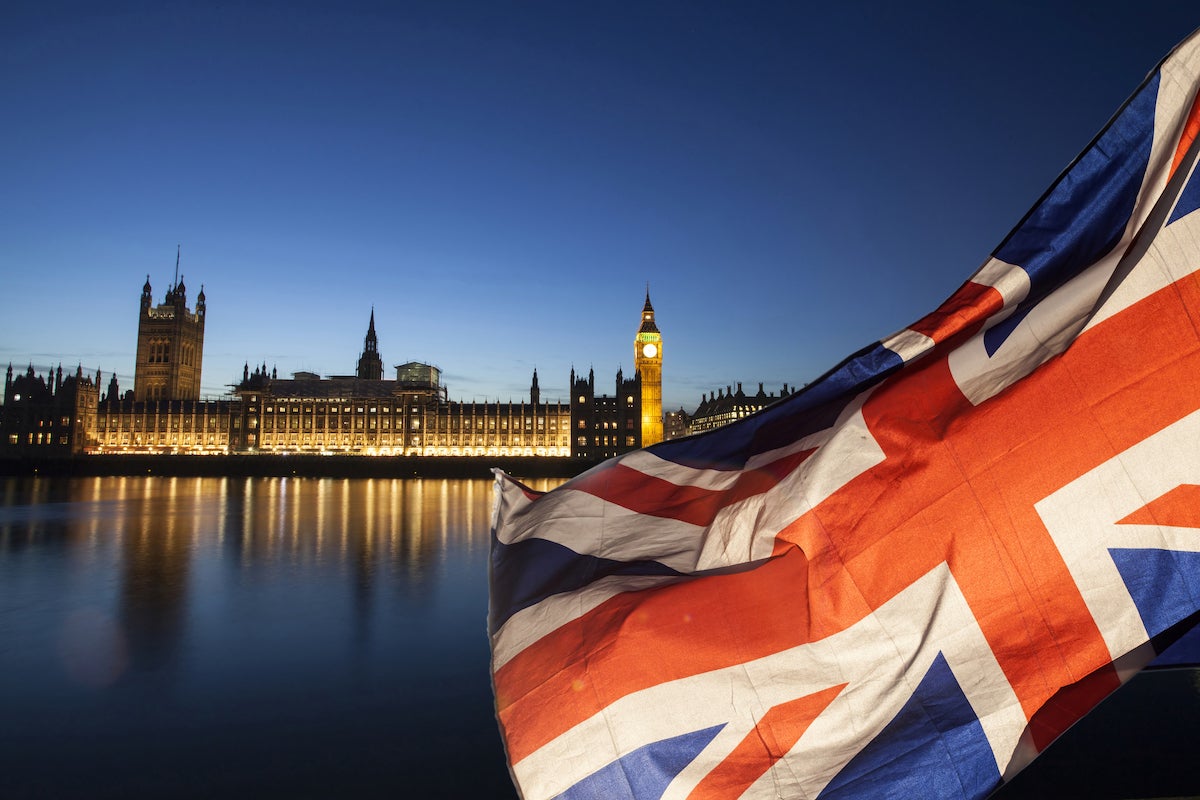Four years after it started life as a white paper, the UK government’s controversial Online Safety Bill has finally passed through Parliament and is set to become law in the coming weeks.
The bill aims to keep websites and different types of internet-based services free of illegal and harmful material while defending freedom of expression. It applies to search engines; internet services that host user-generated content, such as social media platforms; online forums; some online games; and sites that publish or display pornographic content.
If companies do not comply with the bill’s rules, UK regulator Ofcom could fine them up to £18 million (US$22 million) or 10% of their global annual revenue, whichever is biggest.
The government has already been working closely with Ofcom to ensure changes will be implemented as quickly as possible when it becomes law, according to the Department for Science, Innovation and Technology. Ofcom is set to launch its consultation process once the bill has Royal Assent — the formal process by which the King agrees to make the bill into an Act of Parliament — taking a phased approach to bringing the Online Safety Bill’s into force.
“Our common-sense approach will deliver a better future for British people, by making sure that what is illegal offline is illegal online. It puts protecting children first, enabling us to catch keyboard criminals and crack down on the heinous crimes they seek to commit,” said Michelle Donelan, secretary of state for Science, Innovation and Technology, in comments published after the bill’s passing.
Why is the Online Safety Bill so controversial?
While proposals to keep internet users safe from fraudulent and other potentially harmful content and prevent children, in particular, from accessing damaging material, have been widely welcomed, people across the political spectrum have been less than thrilled about a clause inserted by the government in the summer of 2022. This amendment would have forced tech companies providing end-to-end encrypted messaging to scan for child sex abuse material (CSAM) so it can be reported to authorities.
In response, around 70 UK information security and cryptography researchers signed an open letter strongly opposing the bill, raising concerns over its interaction with security and privacy technologies.
Earlier this month, the government tried to sidestep the issue by adding an amendment to the bill that stated companies will not be required to scan encrypted messages until it is “technically feasible and where technology has been accredited as meeting minimum standards of accuracy in detecting only child sexual abuse and exploitation content.”
However, experts that campaigned on the issue have said this amounts to the government kicking the can down the road and doesn’t address any of the privacy concerns that stem from legally requiring companies to scan encrypted messages.
In an update posted on…
2023-09-21 02:00:04
Source from www.computerworld.com rnrn
